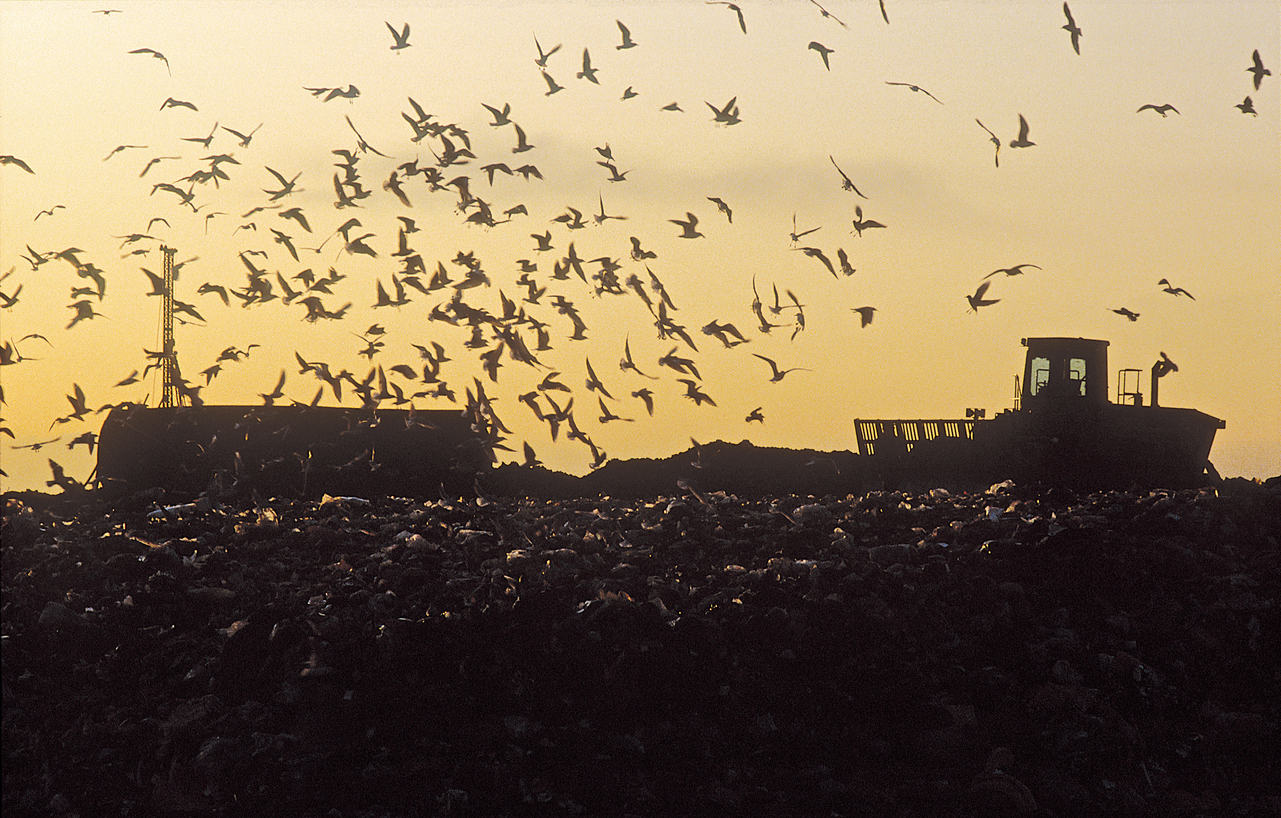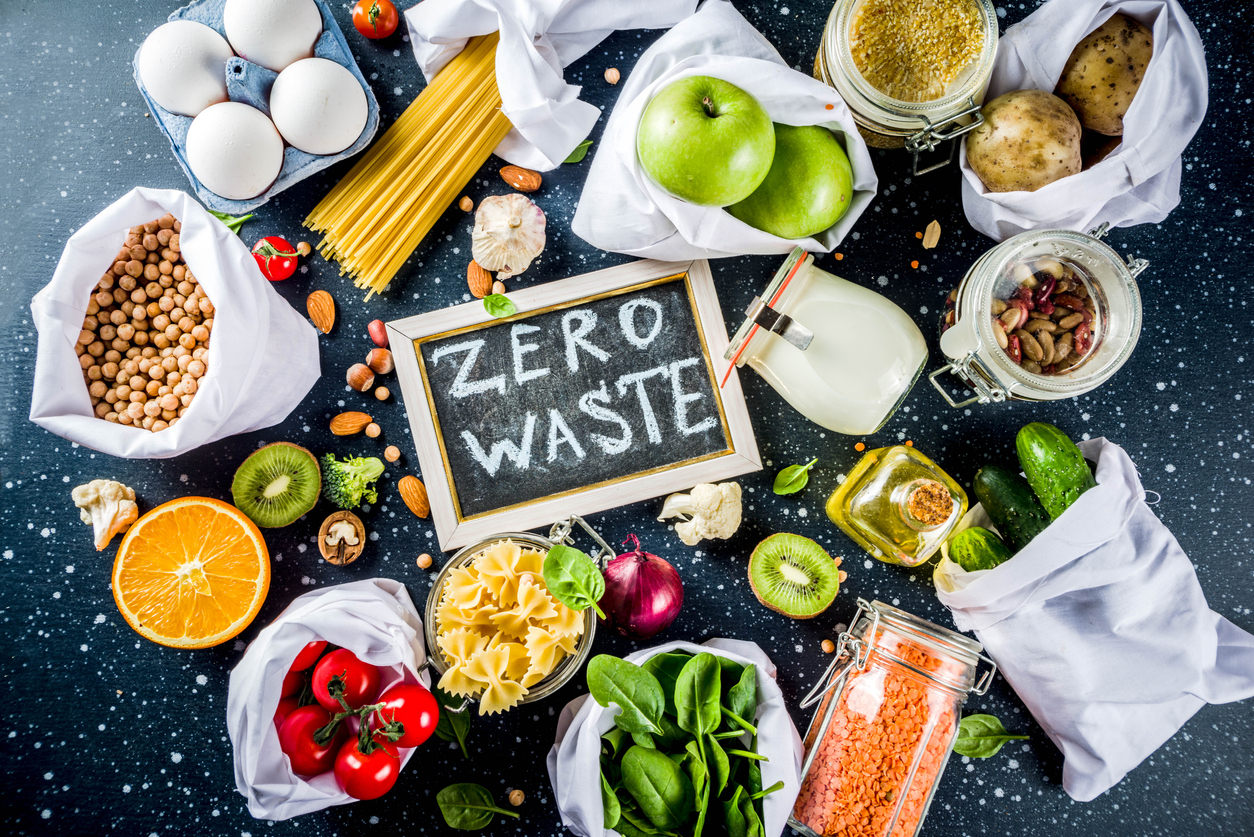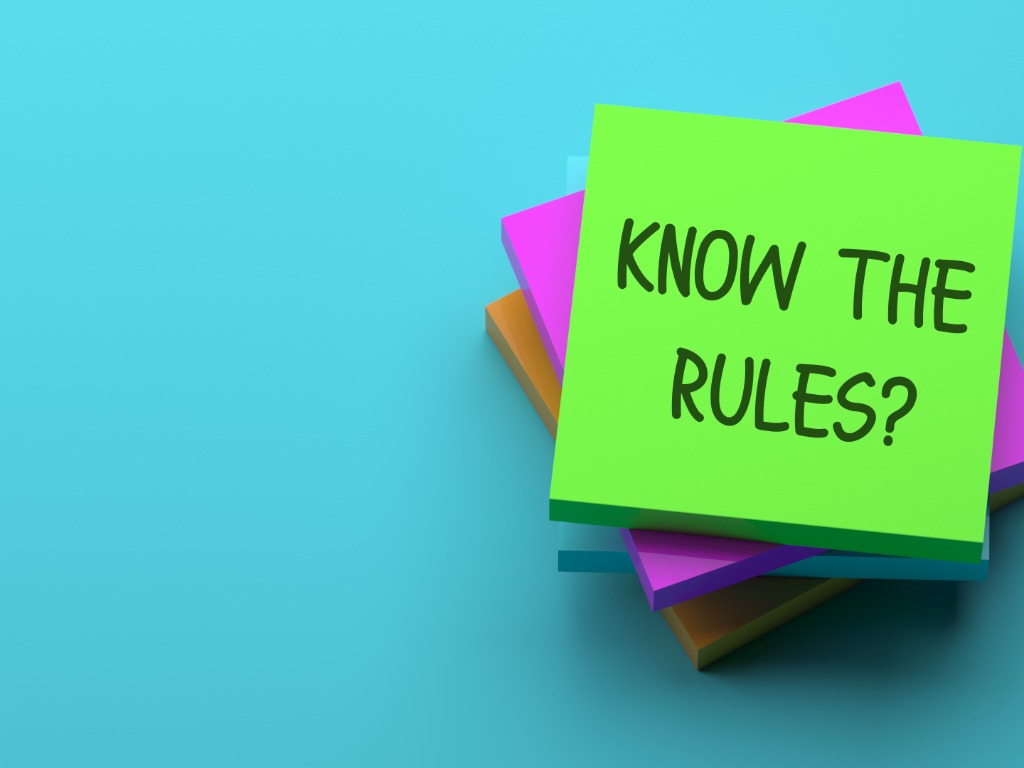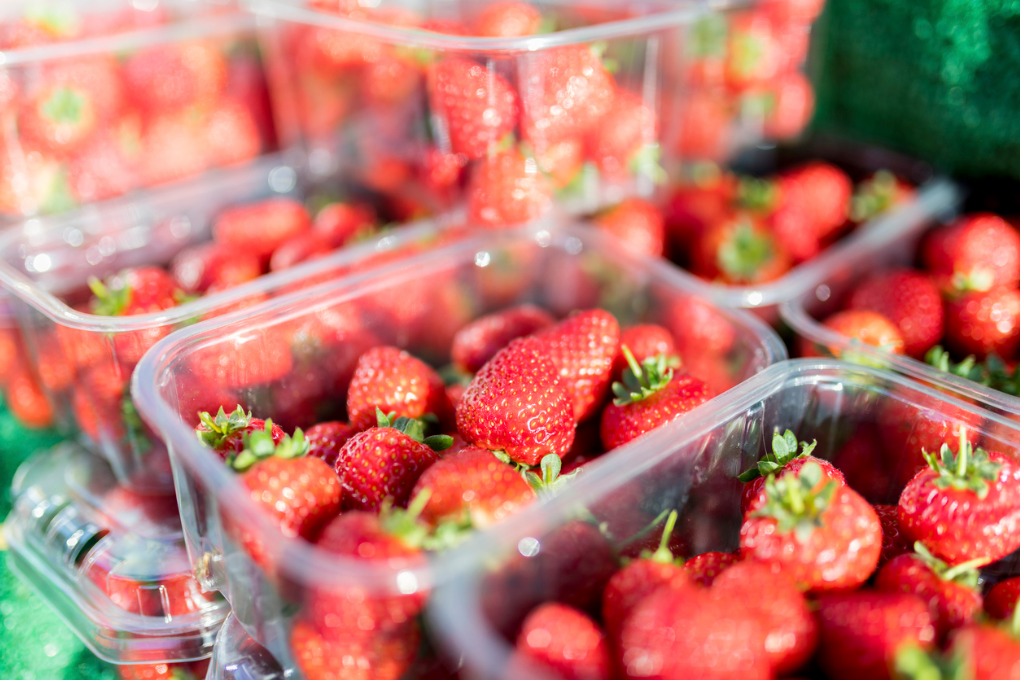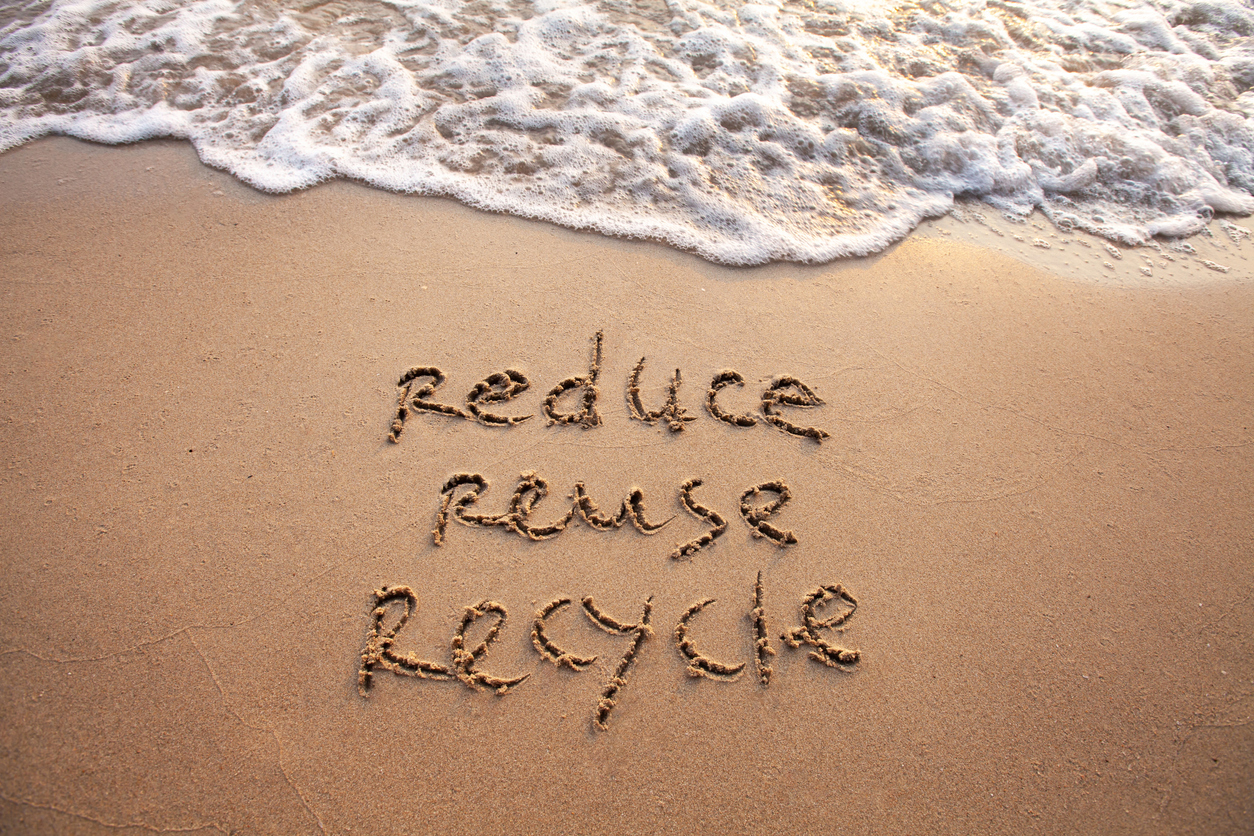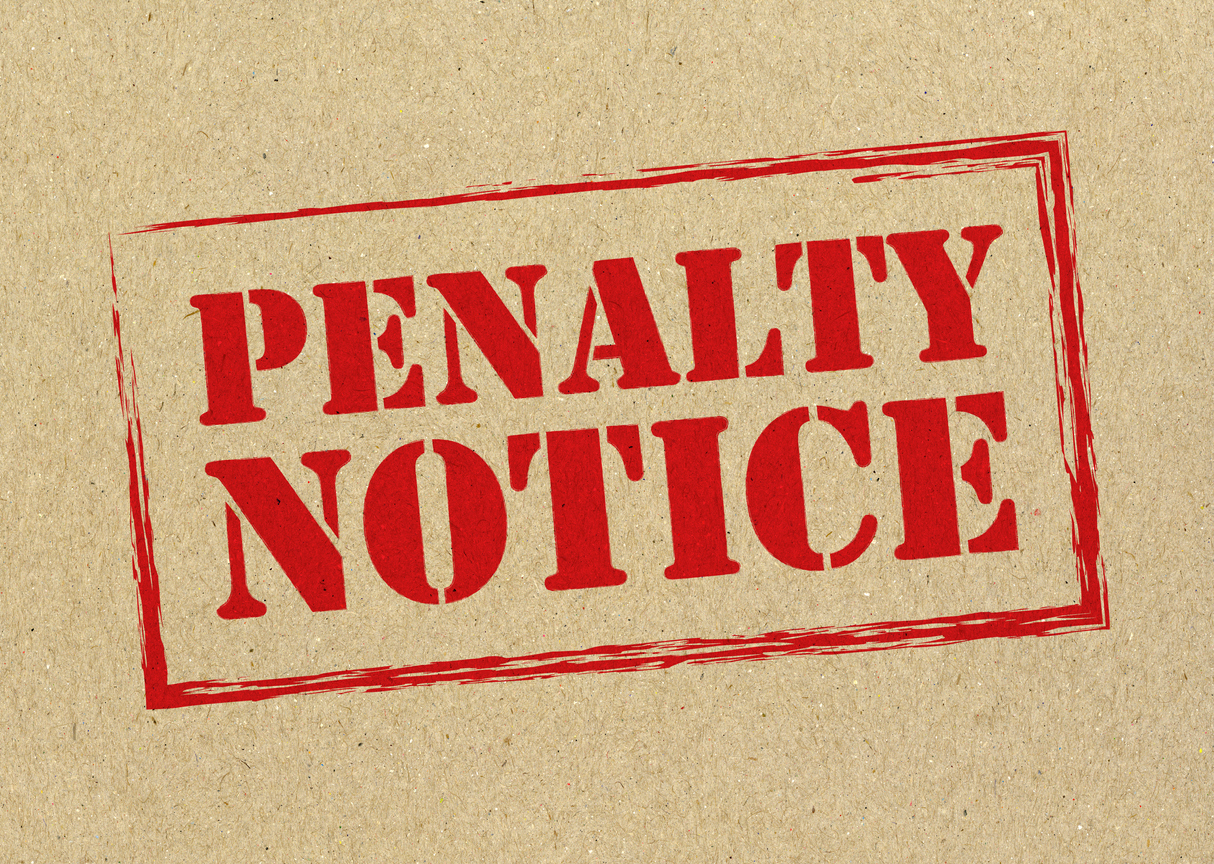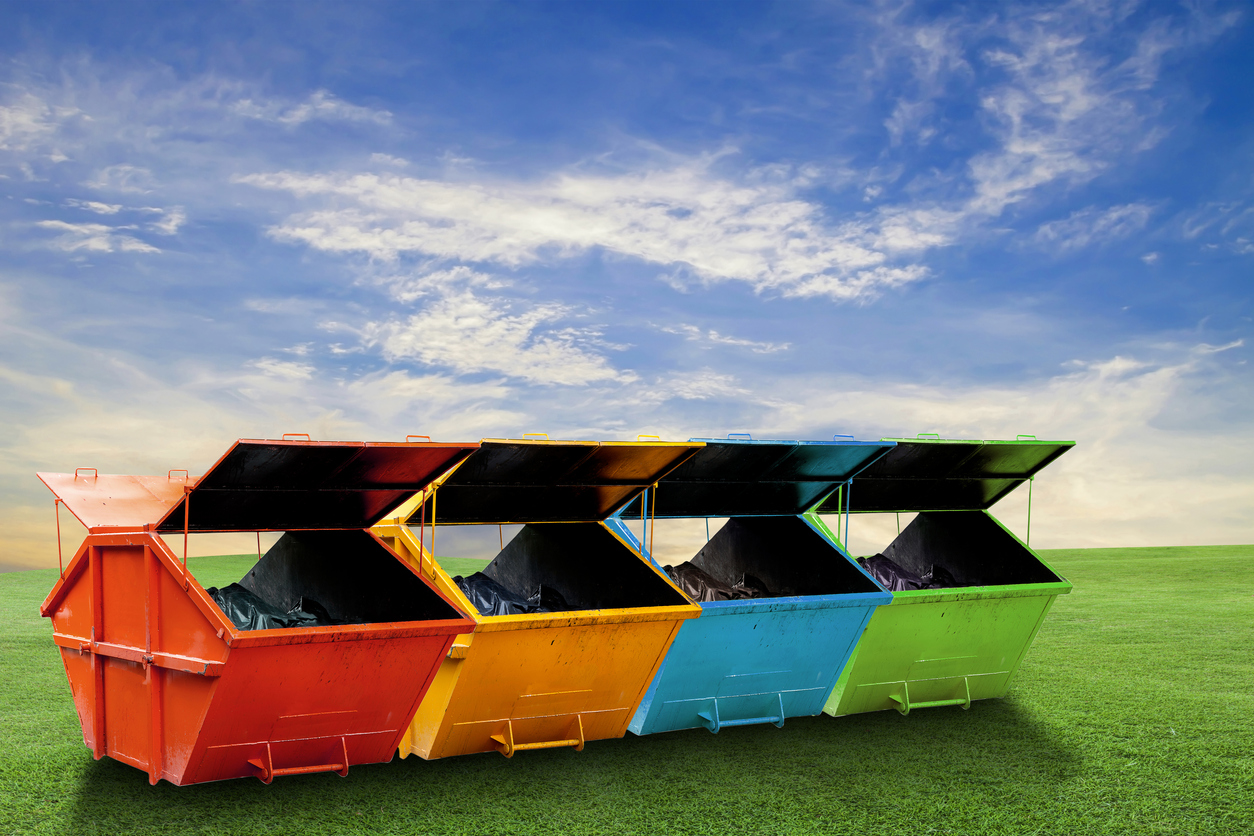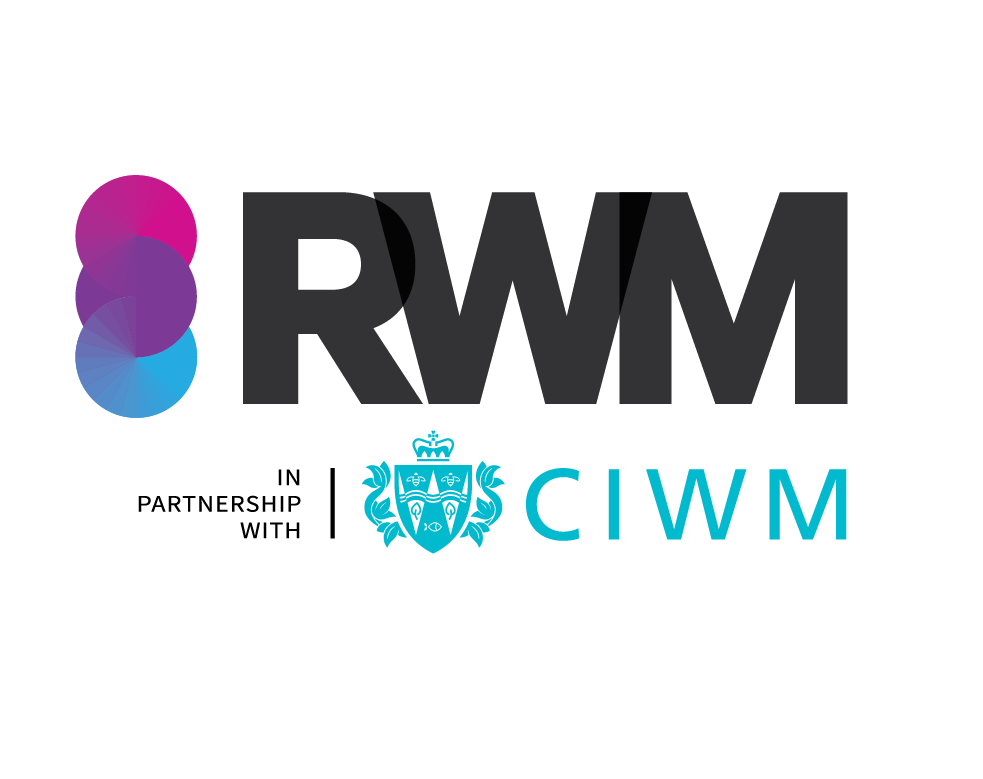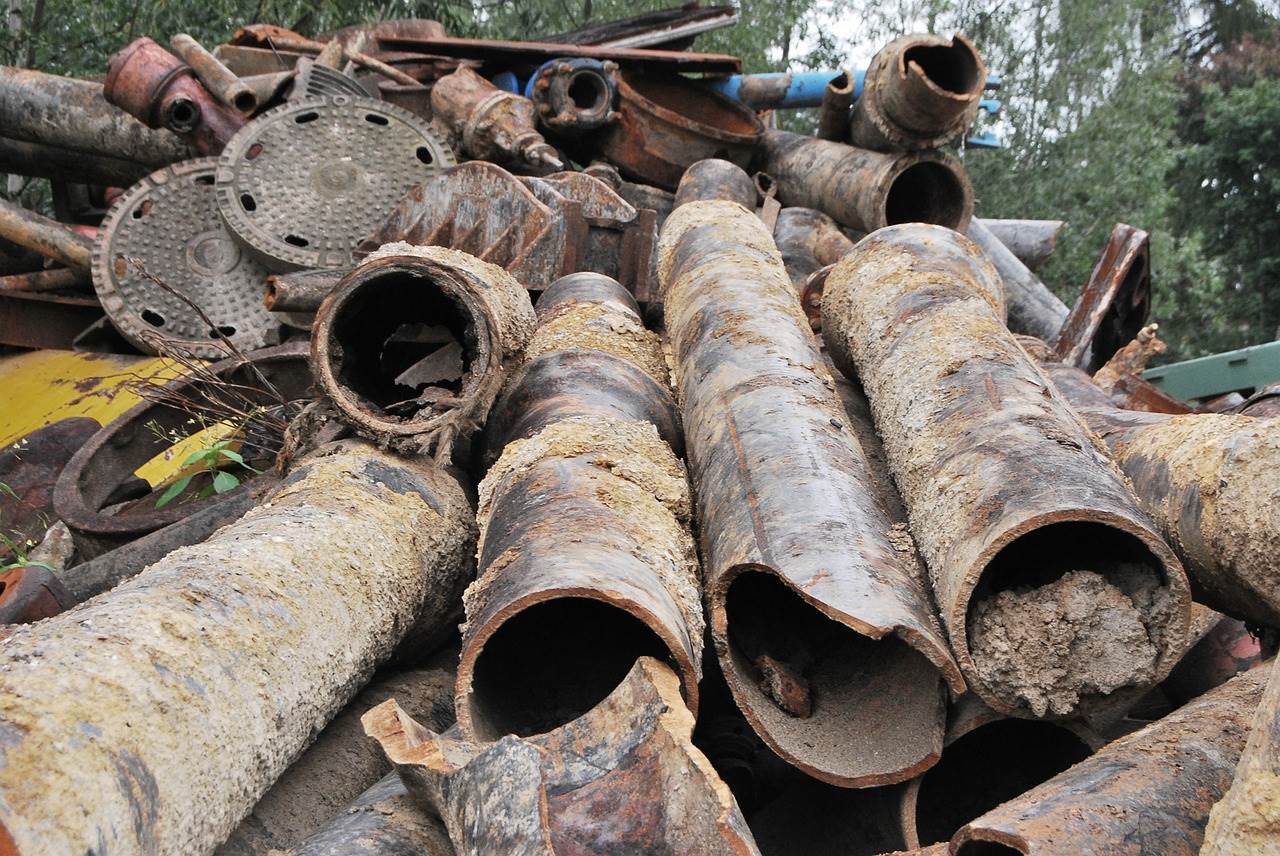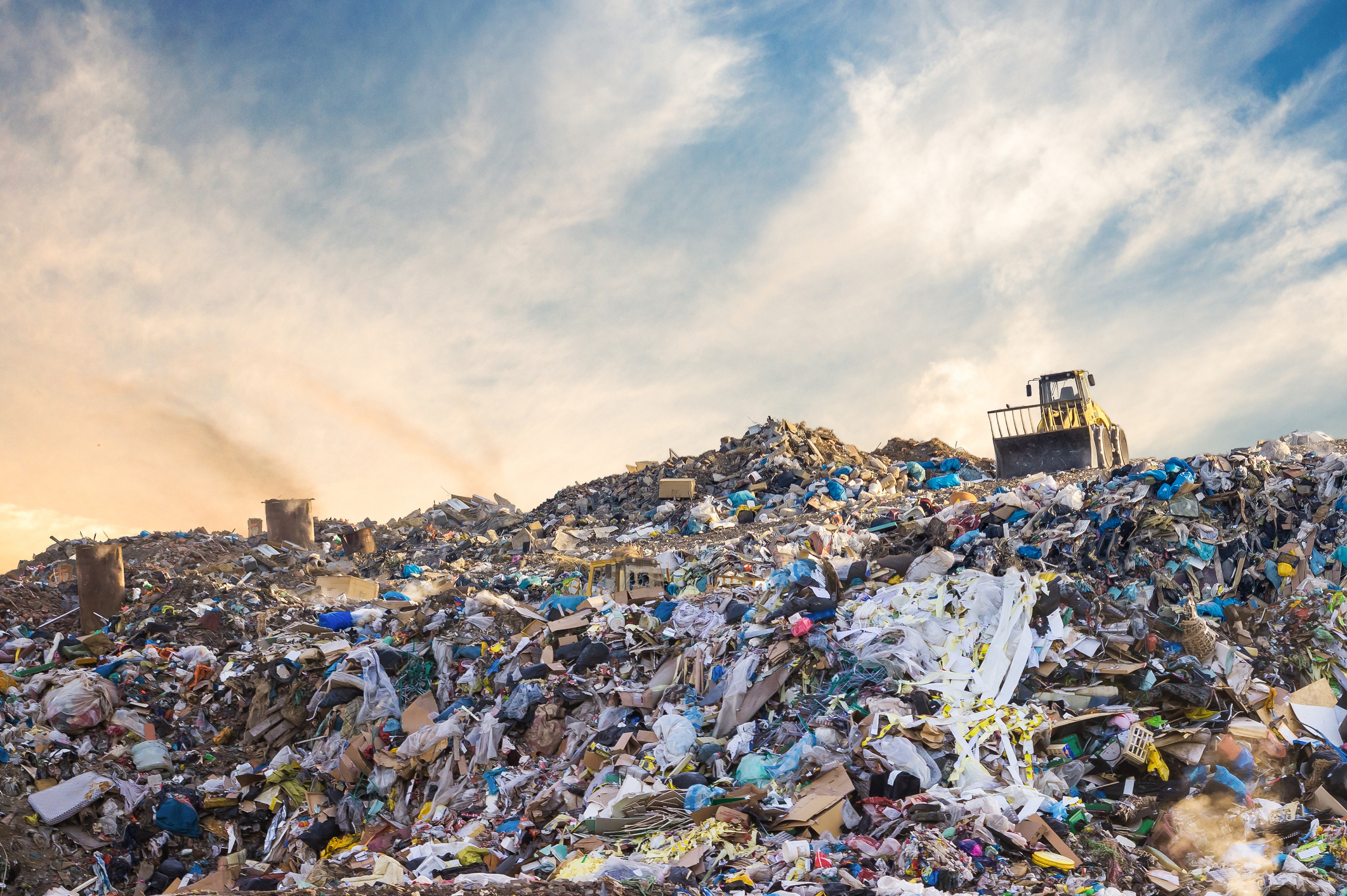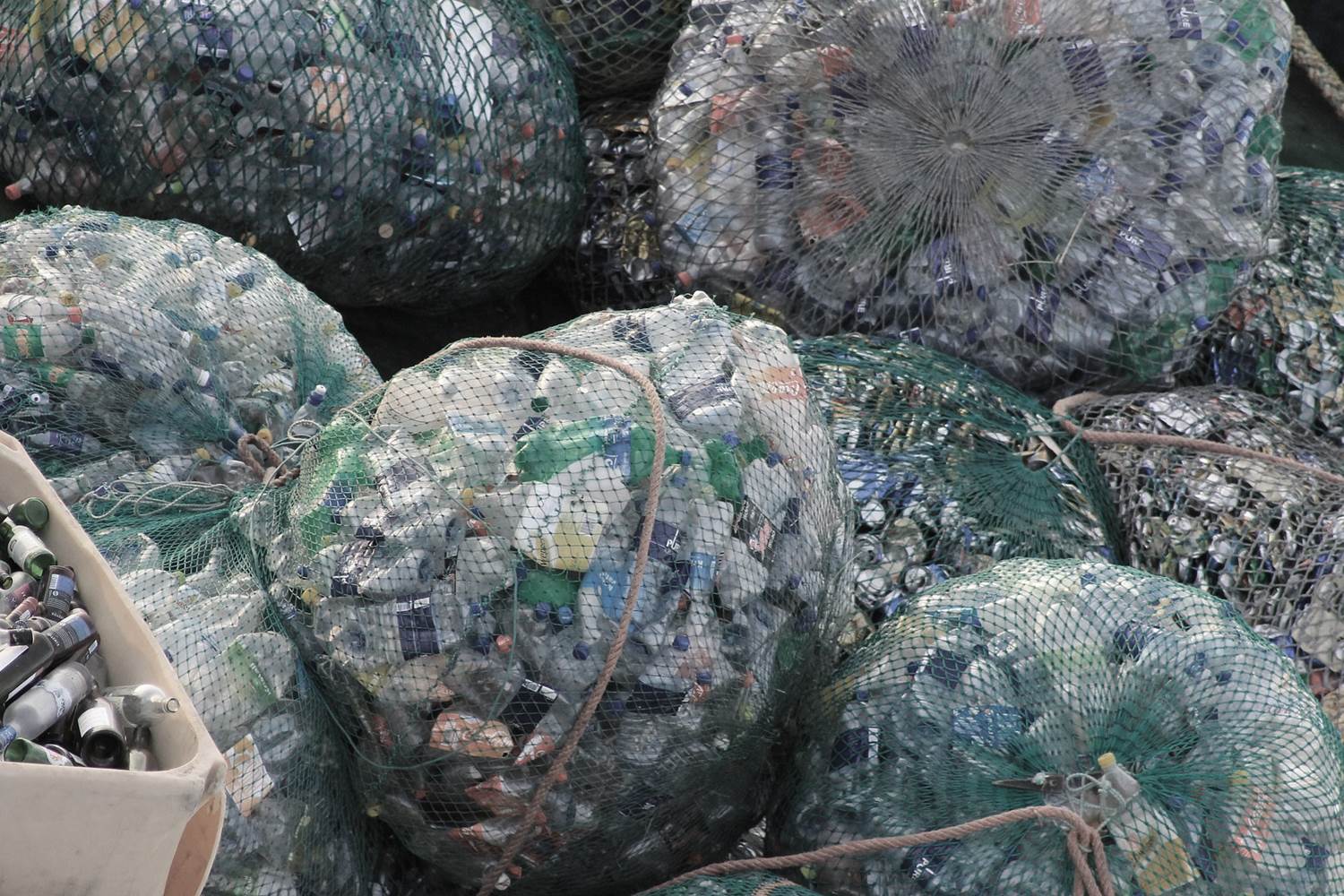
Single-Use Plastics: A Ban is Imminent but What is to Be Banned and How Should Businesses Prepare?
Date: 01/10/2021 | Environmental, Regulatory Law
The Policy intent
“They never give you cotton buds anymore,” complained a friend when we met in the hotel bar while at a wedding. “That’s because they have been banned since 2019!” I exclaimed.
There are a lot of items that are convenient but how much would we really miss them if we no longer had access to them and is the luxury worth the damage?
In Scotland, in an attempt to tackle our throwaway culture and reliance on convenience over environmental protection, it is intended that more single use plastic items will have the same fate as the cotton bud from 2022. Draft regulations have been produced which make it unlawful to produce and commercially supply certain single-use plastics of a type most commonly found washed up on the beaches in Europe. This will apply to both online and in-store sales, whether they are free or charged for.
Items to be banned
The items on the restricted list are:
- Single-use plastic cutlery,
- Single-use plastic plates including trays and platters,
- Single-use plastic straws,
- Single-use plastic beveridge stirrers,
- Single-use plastic balloon sticks,
- Single-use food containers made of expanded polystyrene,
- All products made of oxo-degradable plastic e.g. carrier bags, agricultural mulch film and other products sometimes made of oxo-degradable plastic.
Exemptions
As plastic straws are a necessity, rather than a luxury, to those who require them for medical reasons, an exemption will be applied meaning that they can be purchased in stores or online pharmacies and given on request in hospitality venues. They will also be available for those who need them in certain places such as hospitals and care homes. Single use balloon sticks will be available for industrial and professional uses when not handed out to customers.
Get prepared!
There is to be an additional three-month transitional period to use up stock which was purchased before the law comes into effect but if your business has a large supply of soon to be banned items, it is advisable to try to use these up to avoid being left with them. Businesses should consider alternatives and the cost implications this will have. Looking to the future, it would also be wise to consider reusables, where possible, rather than alternative single use products of a different material. Apart from this being the more environmentally friendly solution, it would not be surprising if disposable items made from different materials are banned at a later date.
























